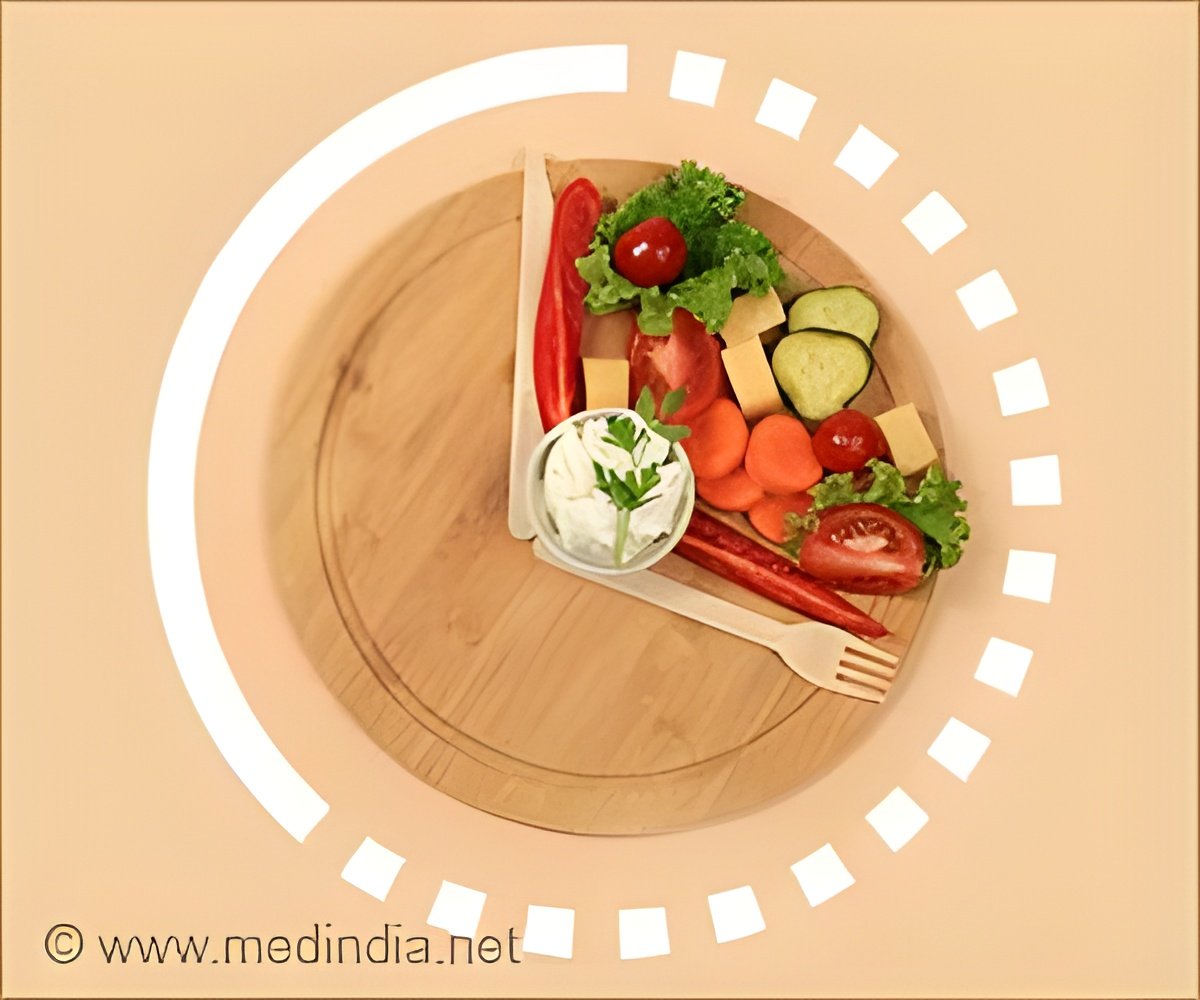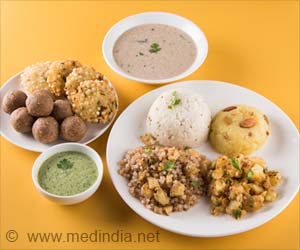Fasting boosts digestion, detoxifies the body, enhances focus, and promotes inner peace and balance.

Here’s how you can observe the Ram Navami vrat with a focus on healthy eating, spiritual growth, and inner balance.
‘Fasting on #RamNavami: More than a ritual! It's a holistic path to health, discipline & devotion. Mindful #foodchoices + intentional self-care = honoring the divine & nourishing your well-being. #fasting #eatinghealthy #intermittentfasting’





Advertisement
Why Fasting on Ram Navami Is Good for You
Fasting during festivals like Ram Navami isn't just symbolic—it has real health perks. A day of mindful eating or complete fasting can:- Boost digestion and metabolism
- Support detoxification
- Improve focus and mental clarity
- Enhance insulin sensitivity
- Reduce inflammation
Advertisement
Three Types of Ram Navami Fasts (Choose What Suits You Best)
- Nirjala Vrat: Complete fast without food or water — only for those accustomed to intense fasting.
- Phalahar Vrat: Fruits, milk, and vrat-safe foods help maintain energy and hydration.
- Partial Fasting: One light, sattvic meal post-puja, focusing on nourishment and moderation.
Healthy Foods to Eat During the Ram Navami Fast
Fasting doesn't mean deprivation — it's about choosing the right foods that are light, nourishing, and energizing. Here’s what to include:- Fresh Fruits: Rich in fiber, antioxidants, and hydration—opt for bananas, apples, papaya, or watermelon.
- Dairy Products: Curd, buttermilk, milk, paneer – packed with protein and probiotics for gut health.
- Vrat-Friendly Grains:
- Rajgira (Amaranth): High in calcium and easy to digest.
- Kuttu (Buckwheat): Great gluten-free energy source.
- Sabudana (Tapioca): Good for quick energy; pair with peanuts for protein.
- Root Vegetables: Potatoes and sweet potatoes – baked or boiled with rock salt.
- Nuts and Seeds: Almonds, walnuts, and makhana (foxnuts) – rich in healthy fats and omega-3s.
- Coconut Water: Natural electrolyte drink to keep you refreshed.
- Barnyard Millet (Samak Rice): A light, gluten-free grain that mimics rice and keeps you full longer.
Foods to Avoid – For Better Digestion and Spiritual Focus
To maintain both the sanctity of the fast and your gut health, steer clear of:- Refined grains and pulses
- Onion, garlic, and spicy food (they dull spiritual focus)
- Packaged or processed snacks (contain additives and excess sodium)
- Table salt – use rock salt (sendha namak) instead
- Caffeinated drinks like tea, coffee, and sodas
- Fried and oily items that weigh you down
Throughout the day, maintain hydration with natural drinks like coconut water, buttermilk, or lemon-mint water to stay refreshed. When breaking your fast, avoid overeating and opt for a light, balanced meal to ease digestion. Most importantly, practice mindful eating—chew slowly, savor each bite, and eat with gratitude for a more fulfilling and spiritually aligned experience.
Fasting on Ram Navami is not just a ritual—it's a holistic journey toward health, discipline, and devotion. By making mindful food choices and caring for your body with intention, you not only honor the divine spirit of the day but also nourish your well-being from the inside out.
Source-Medindia










